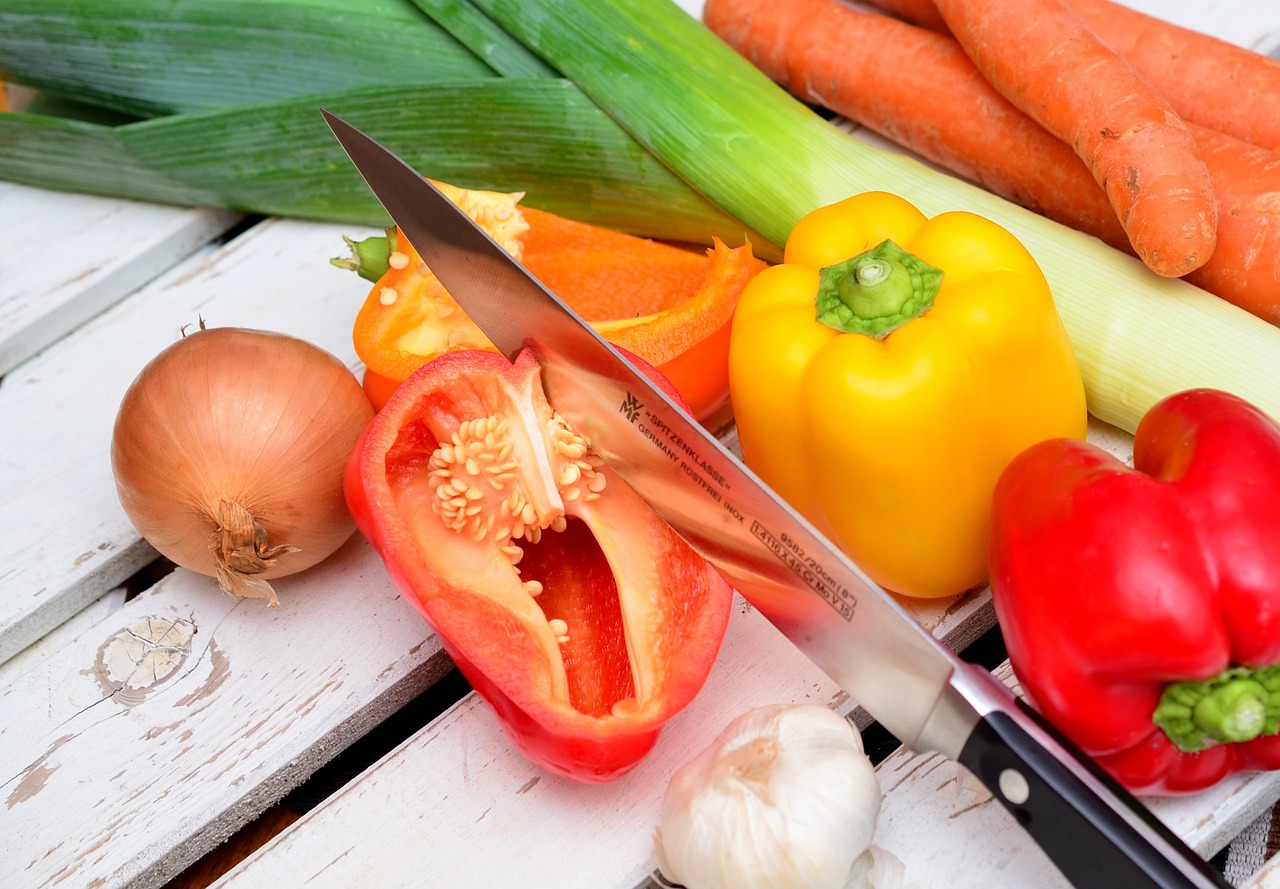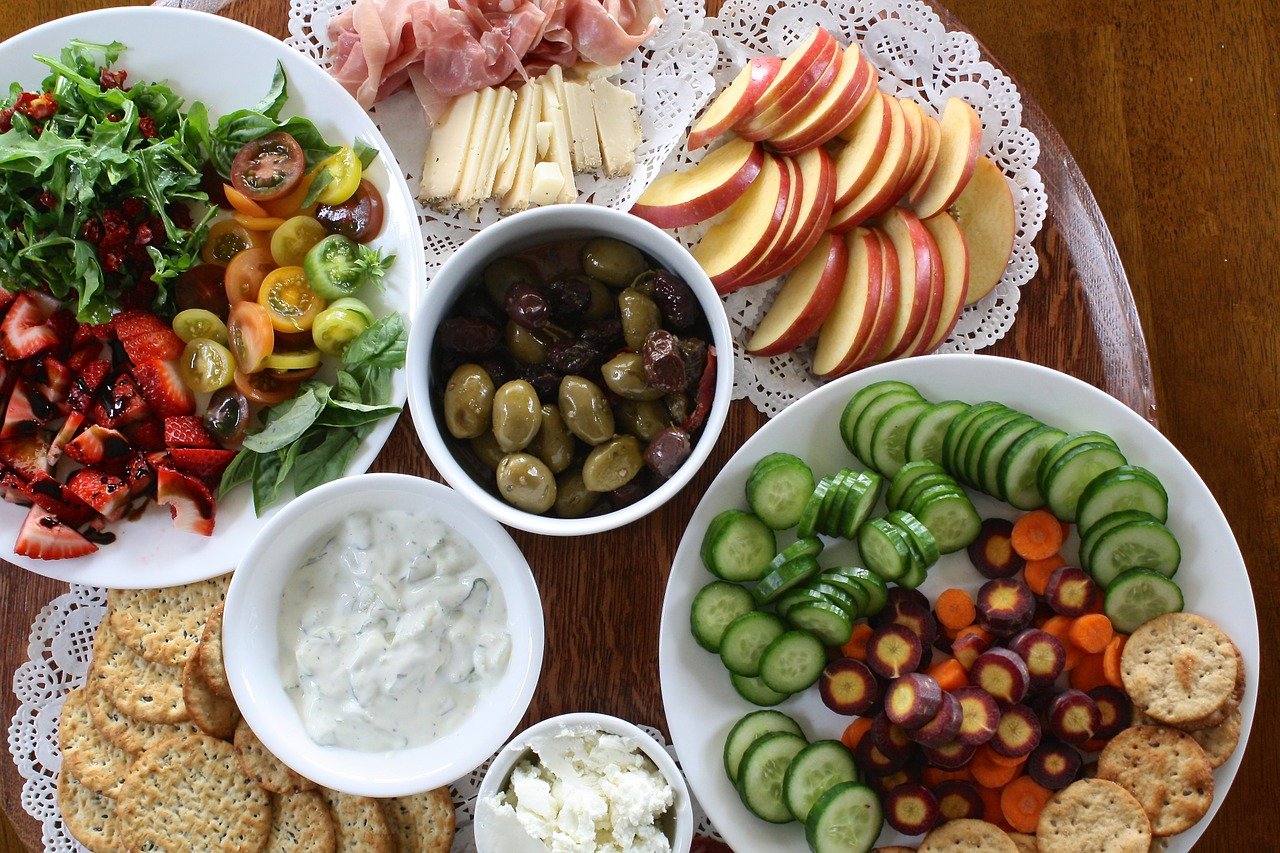Taking better care of your and your family’s health is a great goal to have in 2022. However, with so many diets all over the internet, it’s hard to know whether you should be vegan or keto. The best approach for overall health for the whole family is a balanced diet that can be easily achieved.
A nutritious and healthy diet doesn’t require you to eliminate entire food groups or stress too much about what you’re eating. Instead, focus on adding more good things into your diet with these 4 tips.
Protein-Packed
One of the most crucial nutrients to our health and development is protein. This macronutrient helps us to develop and maintain muscle which can aid in weight management, strength and overall health. It’s important for all ages and should be prioritised!
Make sure you’re adding a high-quality protein source to every single meal and snack. This could look like boiled eggs for breakfast, a chicken breast at lunchtime, wagyu Angus beef for dinner, and yoghurt or cheese for a snack throughout the day.
If you don’t want to overdo it on the meat, you can look into plant-based proteins too like nuts, beans and tofu!
Veggies at Every Meal
Make it a household rule that every meal has at least one portion of vegetables or fruit. These are crucial for getting in the micronutrients and vitamins we need for good health and there are hundreds of ways to include them.
From simple fruit snacks or a banana with your breakfast cereal to trying out new vegetable side dishes at dinner time, there are plenty of ways to incorporate these nutrients into your meals. Consider snacking on carrot sticks at work and trying out that eggplant recipe you saw on social media for something different.
Focus on Fibre
Fibre is super important for good digestion and overall gut health. Increasing your fibre will come naturally with the inclusion of more fruits and veggies in your diet. However, if you want to give your eating plan an extra fibre boost, there are a few things you could add.
Try focusing on whole-food carb sources – starchy vegetables like potatoes as well as legumes and whole grains like barley and buckwheat. Seeds like chia seeds and flax seeds are also a great source of fibre and if you still don’t feel like you’re getting enough, you could ask your doctor about a fibre supplement.
Add in Omega 3s
Omega 3 fatty acids are important for several functions in the body and are a great source of energy too. These nutrients are found in food sources like fatty fish, shellfish, nuts and seeds and other plant-based healthy fats.
Try to include seafood in your diet at least once or twice a week – fatty fish like salmon and tuna are best. You can also add toppings like walnuts and flaxseeds to your salads or even cereal or smoothies for extra omega 3s. Finally, switching your cooking oil to flaxseed oil could be beneficial.



